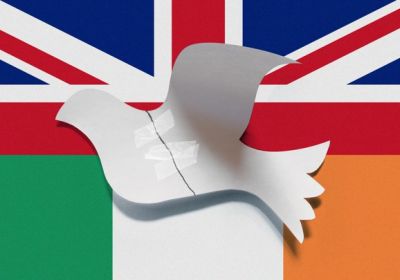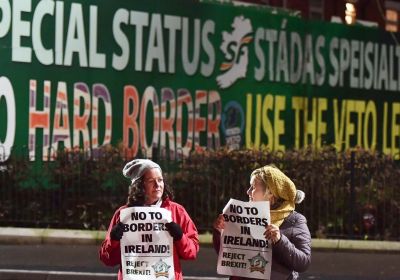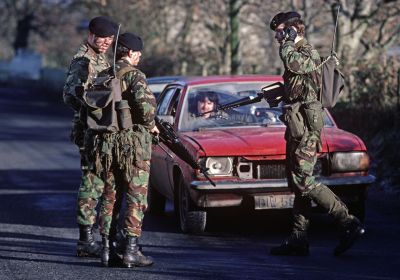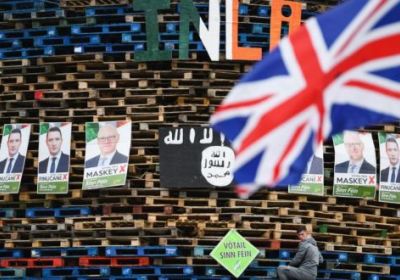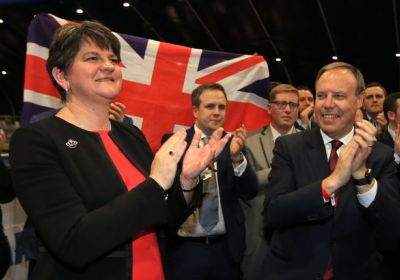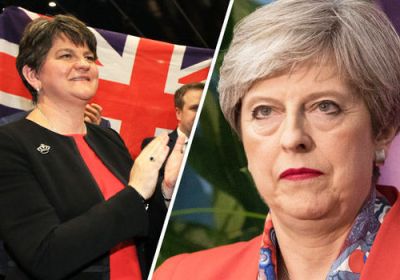-
-
-
-
-
-
-
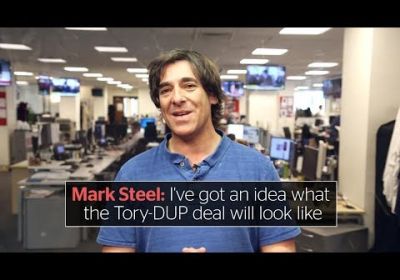
As the Conservatives continue their talks with the Democratic Unionist Party, columnist Mark Steel looks over the possibilities that lie ahead for the new parliament.
-

After promising for months that she’d never call an early election, Tory Prime Minister Theresa May called a snap general election in April — fully expecting to be returned with a thumping Conservative majority.
-
-
Democratic Unionist Party (DUP)
Democratic Unionist Party (DUP)
